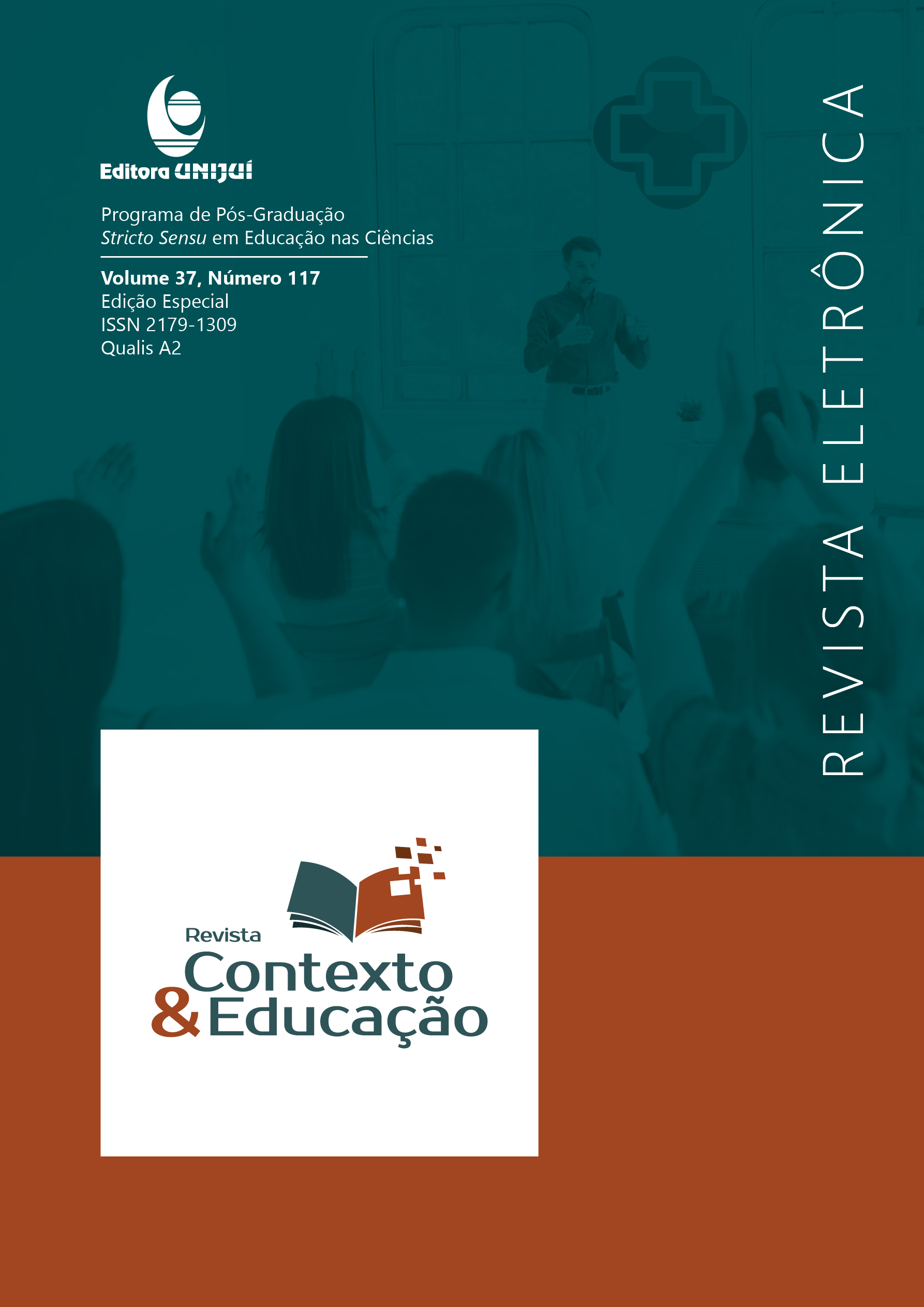QUESTÕES DE SEXUALIDADE E GÊNERO NO 1.º CICLO DO ENSINO BÁSICO: LEGITIMIDADE, MODALIDADE E TEMAS
DOI:
https://doi.org/10.21527/2179-1309.2022.117.12890Keywords:
Sexualidade, Gênero, 1º Ciclo do Ensino Básico, ProfessoresAbstract
This paper presents the preliminary results of a doctoral research about sexuality and gender issues (SG) in a school environment. The research aims to find out how Brazilian and Portuguese teachers, who work with children from 6 to 10 years old, understand the work with gender and sexuality issues in the school environment and if they recognize themselves as legitimate professionals to deal with these themes with the children. Following a research-action methodology, in the diagnosis step a questionnaire was applied to teachers of 1st CEB in Portugal. The previously validated questionnaire was applied online. The data obtained were analyzed using the SPSS program. The sample consisted of 119 teachers, 111 women and 8 men, with an average age of 48.76 years and 23.85 years of service. Most were married, graduated, and never did continuous/specific training in SG. The results show the frequencies for the variables legitimacy/preparation, modality, effects, and themes of ES. Most participants consider themselves legitimate and prepared to address SG issues and agree that ES should be transversal, contribute to the reduction of stereotypes, violence, and social inequalities. The themes they most agree with are those related to the body (development, differences, hygiene/safety, and respect) and also appreciation and respect for diversity. It is concluded that although they do not have specific training in ES, the majority of Portuguese 1st CEB teachers feel prepared and with legitimacy to approach ES and SG issues at school.
Downloads
Published
How to Cite
Issue
Section
License
By publishing in Revista Contexto & Educação, authors agree to the following terms:
All works are published under the Creative Commons Attribution 4.0 International License (CC BY 4.0), which allows:
Sharing — to copy and redistribute the material in any medium or format;
Adaptation — to remix, transform, and build upon the material for any purpose, even commercially.
These permissions are irrevocable, provided that the following terms are respected:
Attribution — authors must be properly credited, a link to the license must be provided, and any changes made must be indicated.
No additional restrictions — no legal or technological measures may be applied that legally restrict others from doing anything the license permits.
Notices:
The license does not apply to elements that are in the public domain or covered by legal exceptions.
The license does not grant all necessary rights for specific uses (e.g., image rights, privacy, or moral rights).
The journal is not responsible for the opinions expressed in the articles, which are the sole responsibility of the authors. The Editor, with the support of the Editorial Board, reserves the right to suggest or request modifications when necessary.
Only original scientific articles presenting research results of interest that have not been previously published or simultaneously submitted to another journal with the same purpose will be accepted.
Mentions of trademarks or specific products are intended solely for identification purposes and do not imply any promotional relationship by the authors or the journal.
License Agreement (for articles published from October 2025): Authors retain the copyright to their article and grant Revista Contexto & Educação the right of first publication.


